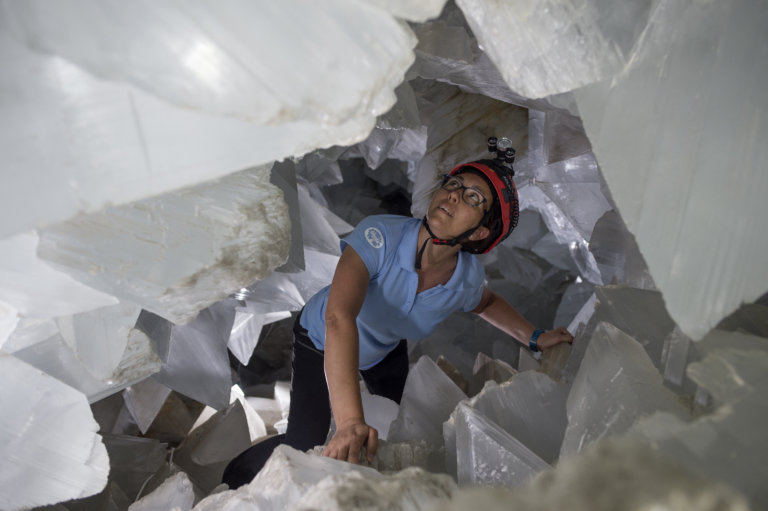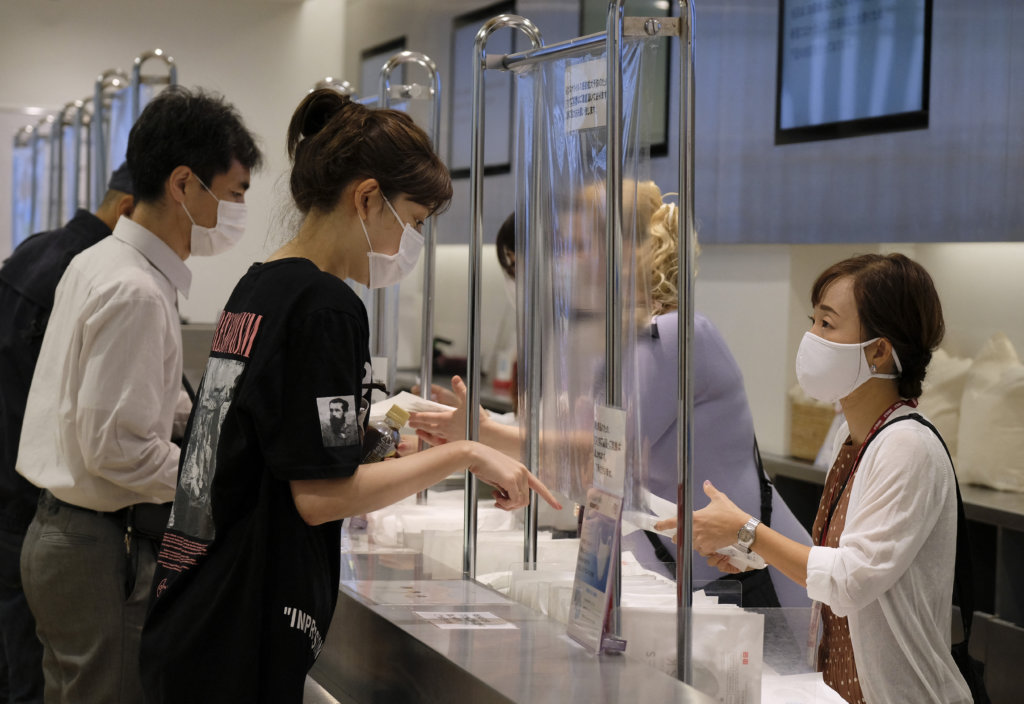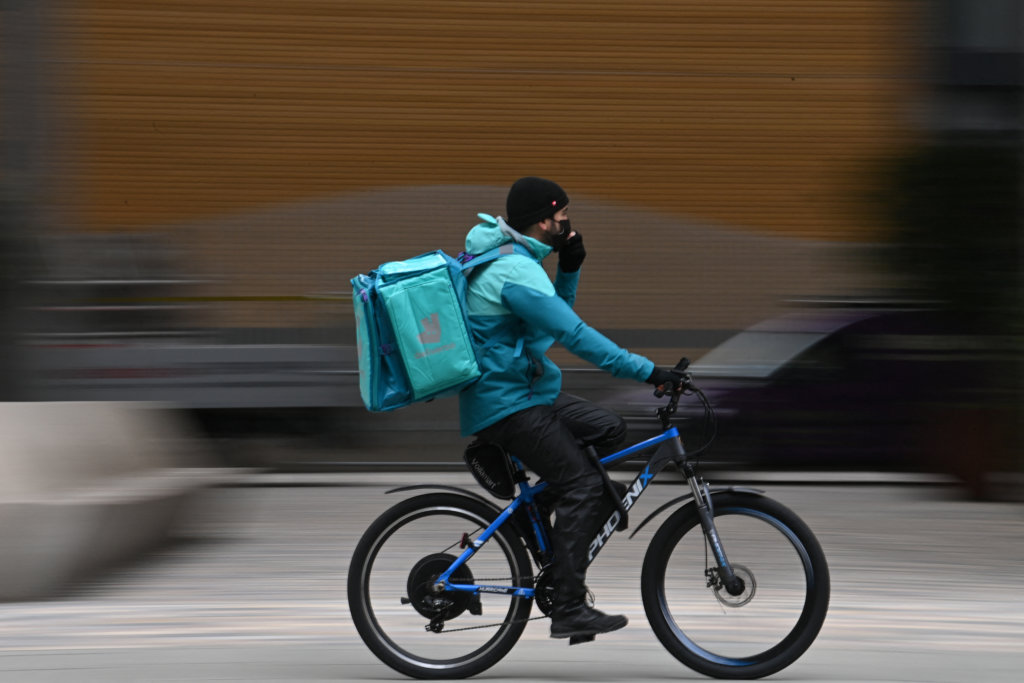
Summer jobs for students are a great way for you to have fun and make some money — plus get valuable local experience. Expect to learn how to manage time, become more organised, communicate and manage conflict better too. Nothing makes you more independent than working — and summer jobs for students make a good start.
If you’re an international student, your visa will usually state how many hours you can work per week. It’s important you follow these rules correctly — if you’re unsure, check out our guides here for the US, the UK, Canada and Australia.
Think about what your degree allows you too — do you need to volunteer, intern or take extra classes? If you do, it is important that you learn how to manage your time — working at the same time may cause you to not earn the credit you need. It’s good to ask for advice from your professors if you’re unsure.
Now that you’ve sorted the legal part, it’s time to consider the best kinds of summer jobs for students — especially for those who are not local. Below are our top picks:

Put a smile on a stressed customer’s face and earn money in return. Source: Kazuhiro Nogi/AFP
Shop assistant
As a shop assistant usually works in shifts, this is usually one of the most recommended summer jobs for students. You’ll be able to find time in between or after classes. Take a walk at the closest mall or shopping area near you to ask if anyone’s hiring. If you can fold clothes and love working with people, check out clothing stores.
Want to know more about how your meal gets from kitchen to table? Try hitting up some restaurants. You might just get a job at an ice cream shop and taste all the new flavours. Pro tip: many international students get an upper hand at a restaurant selling food from their home countries. These jobs usually come with free meals too.

Teaching can be difficult, but is highly fulfilling. Source: Chaideer Mahyuddin/AFP
Student tutor
The best way to learn is to teach someone else. Head to the library or the academic centre to see if they need help with tutoring new students or those struggling with academic English. These places are where students are directed to get help with assignments and to improve their skills. You can teach others how to speak or write English better, or how to research for their assignment.
You can tutor online too. Platforms usually check your background so have your identification documents ready. Note that most sites will charge a commission — for example, they will take 10% of what your tutee pays you.

Deliver food and get your daily dose of exercise. Source: Daniel Leal/AFP
Food delivery
If you are familiar with your area and have a bicycle or electric scooter, you can sign up to deliver food. The pay isn’t bad (not including tips) and the scheduling is on demand, which means you have the flexibility to not show up for work when you’re busy at uni. Plus, it’s low-stress and customers are happy to see you most of the time.
Given how the pandemic’s changed the way people eat, there is a huge demand for food delivery now. Hungry people are willing to fork out good money — and between US$20 to US$100 in tips — to get their pizzas as soon as humanly possible.

Shoppers get paid by commissions — and lots of tips. Source: Stefani Reynolds/AFP
Personal shopper
Picture helping others do their groceries or any other stuff they want to buy — that’s what you’ll do as a personal shopper. If you sign up to an app like Shipt, you’ll see the shops you’re buying from, orders coming through, and their final destinations. As you don’t have to accept every order, it’s a pretty flexible job. Beware that some apps may not like that you’re not taking many orders and you may not get as many jobs.
Shoppers are paid through a commission. For example, if the order is US$100 and your commission is US$5 and 7.5% of the order amount, you will be paid US$12.50. That may sound little, but the real money comes in the form of tips. Like pizza delivery boys, most customers are happy to see someone helping them run an errand, leading them to tip generously.

Collect data in the most inspiring of places. Source: Jorge Guerrero/AFP
Field assistant
You will accompany researchers or professionals — usually related to the environmental or agricultural sectors — to collect samples and record data. You can expect to spend time outdoors doing things like taking soil samples, performing lab tests, investigating sources of pollutions, preparing reports, attending meetings and many more. Some have described it as “paid camping.”
This is a particularly great gig for those studying geology as mining companies will know how to look for you, instead of the other way around. Check out the geology department’s notice board too — that’s where the jobs are usually posted. Salary wise? You can earn up to US$8,000 a month if you’re lucky.










